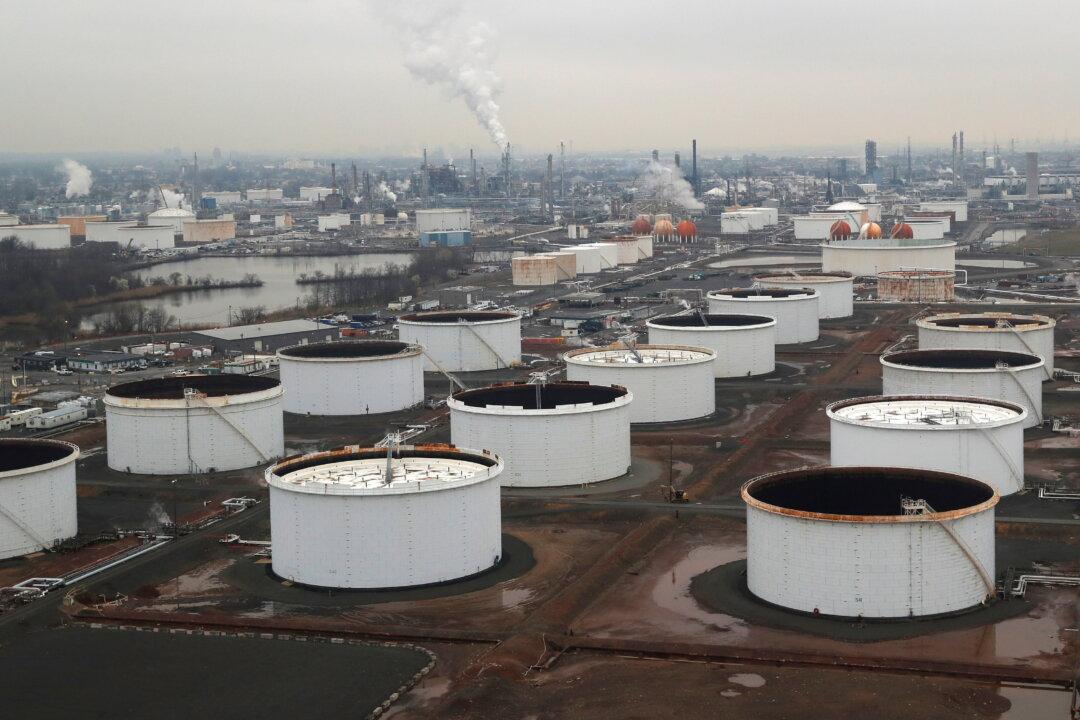U.S. refiners requested the Department of Energy to reconsider a potential natural gas export ban. They explained the intricacies of the natural gas-supply chain and the adverse effects on prices and jobs, as well as the geopolitical implications the country could be forced to endure in such a scenario.
“Banning or limiting the export of refined products would likely decrease inventory levels, reduce domestic refining capacity, put upward pressure on consumer fuel prices, and alienate U.S. allies during a time of war,” said the American Petroleum Institute and the American Fuel and Petrochemical Manufacturers in a joint letter (pdf) to Secretary of Energy Jennifer M. Granholm.





